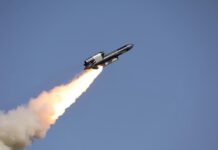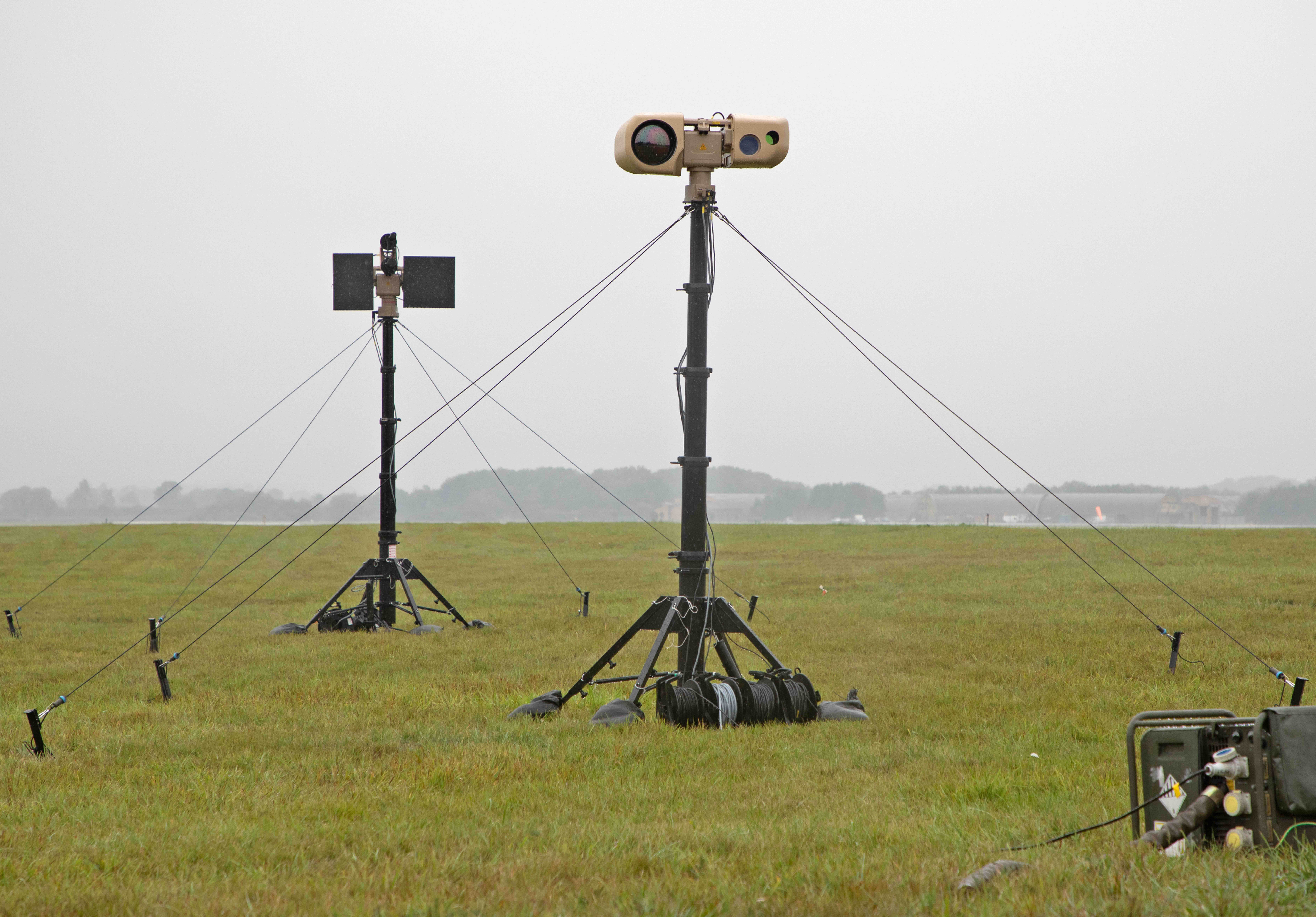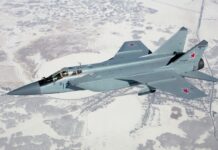NATO Deputy Secretary General Mircea Geoană has underlined the strategic importance of the Black Sea region for Euro-Atlantic security as tensions there remain high.
In an address to the Black Sea Security Conference of the International Crimea Platform in Bucharest on 13 April 2023, Geoană stated, “The Black Sea region has been the focus of Russia’s aggressive build-up and actions for more than two decades now. And the illegal annexation of Crimea in 2014 and the portions of the Donbass [were] just, if you want, the start-up.
“This is also influencing the Western Balkans. It’s influencing also our Georgian friends. It’s influencing our Moldovan friends. It’s influencing our friends in Bosnia and Herzegovina. And this is why Russia’s irresponsible and hostile behaviour in the broader Black Sea region is deeply affecting the security of the entire Alliance,” said Geoană.
“So in Madrid last year, when our leaders approved the Strategic Concept stating the strategic importance of the Black Sea, this is not just a piece of paper; this is a fundamental belief and action by our Alliance,” Geoană asserted.
Geoană went on to note that NATO has doubled the amount of multinational battlegroups it has fielded since Russia invaded Ukraine in February 2022. The alliance’s forward presence in eastern Europe was first deployed in 2017 with the creation of four multinational, battalion-sized battlegroups in Estonia, Latvia, Lithuania and Poland led by the United Kingdom, Canada, Germany and the United States respectively. After February 2022 the alliance reinforced those existing battlegroups and established four more in Bulgaria, Hungary, Romania and Slovakia.

Geoană said that, having established these new battlegroups, NATO would be “bringing them up to brigade level as needed”.
“We continue, and we will continue, to support Ukraine,” he said. “We have stood by Ukraine since the independence of this country back in 1991. Over the last year, Allies have provided unprecedented support for Ukraine’s right to self-defence, with EUR 65 Bn of military aid. … NATO will stand by Ukraine for as long as it takes. And we will support your long-term path to Euro-Atlantic integration.”
Meanwhile, tensions in the Black Sea region between Russia and the NATO allies supporting Ukraine remain high, exacerbated in particular by the aggressive tactics of Russian pilots. On 14 March 2023 a US MQ-9 Reaper unmanned aerial vehicle had to be ditched in international waters southwest of Crimea after being struck by a Russian Su-27 fighter that was harassing it.
The recent mass leak of highly classified US military documents has also revealed that an incident over the Black Sea on 29 September 2022, which involved the release of a Russian air-to-air missile (AAM) in the vicinity of a patrolling Royal Air Force (RAF) RC-135 Rivet Joint electronic surveillance aircraft, could have been much more serious than previously thought. The documents appear to show that, rather than being an accident as originally reported, the RC-135 was deliberated targeted by a Russian Su-27 pilot after he misunderstood an order from a radio operator. The RC-135 and its crew, which could have numbered around 30 personnel, were only saved when the AAM misfired, according to the documents.
On 13 April Jack Teixeira, a 21-year-old airman working in the intelligence wing of the Massachusetts National Guard, was arrested as the source of the US intelligence leaks.
The veracity of the leaked documents has not been corroborated by the UK Ministry of Defence (MoD), but The Times reported on 14 April that the documents suggest that on 11 January and 22 February 2023 Russian aircraft again responded to RAF Rivet Joint flights, which by this point were escorted by RAF Typhoon fighters. Approached by ESD on 14 April, the MoD declined to confirm this, however.
Peter Felstead




![Ukraine: Russian forces capture key towns [via Ugolok_Sitha Telegram Channel]](https://euro-sd.com/wp-content/uploads/2025/11/Russian-Motorbike-loaded_via-Ugolok_Sitha-Telegram-Channel-Kopie-218x150.jpg)







